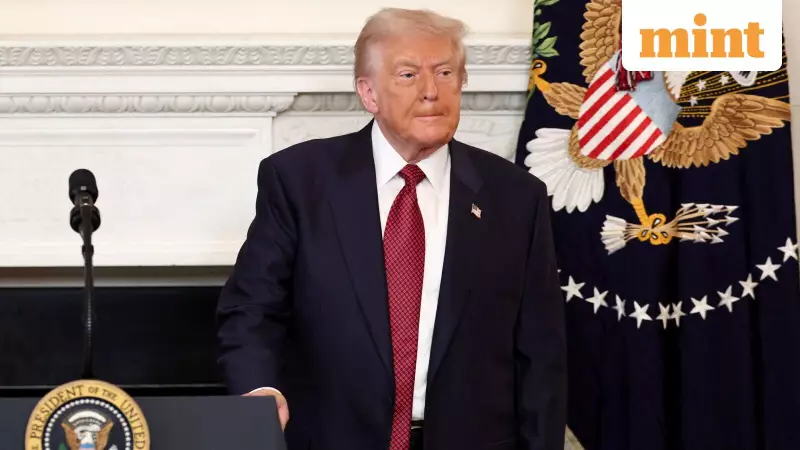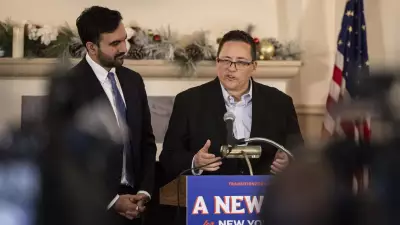
In a characteristically bold address, former US President Donald Trump has broken his silence on recent Republican election disappointments across multiple states, while launching fresh attacks on Democratic strategies and calling for significant procedural changes in the Senate.
Election Setbacks Analyzed
The former president offered his perspective on Republican losses in key battleground states, specifically mentioning New York, Virginia, and New Jersey. Trump's analysis pointed to broader political trends affecting the GOP's performance in these crucial regions.
Democrats Accused of Shutdown Tactics
In his trademark style, Trump didn't hold back in assigning blame, citing what he described as Democratic involvement in shutdown scenarios. His comments suggested a pattern of political maneuvering that he believes contributed to the unfavorable outcomes for Republican candidates.
Radical Senate Reform Proposed
Perhaps the most significant revelation from Trump's remarks was his strong push to eliminate the Senate filibuster. This longstanding parliamentary procedure has been a cornerstone of Senate operations for decades, allowing the minority party to block legislation through extended debate.
"The filibuster has become a weapon of obstruction rather than a tool of deliberation," Trump implied, arguing that its removal would streamline legislative processes and potentially benefit his party's agenda.
Political Implications
This call to end the filibuster represents a major shift in Republican strategy and could have far-reaching consequences for how the Senate operates. The procedural move would fundamentally change the balance of power in the chamber, making it easier for the majority party to pass legislation without bipartisan support.
Looking Ahead
As the political landscape continues to evolve, Trump's comments signal potential battles ahead over Senate rules and procedures. His willingness to challenge established norms indicates ongoing turbulence within American political institutions as both parties position themselves for future electoral contests.





